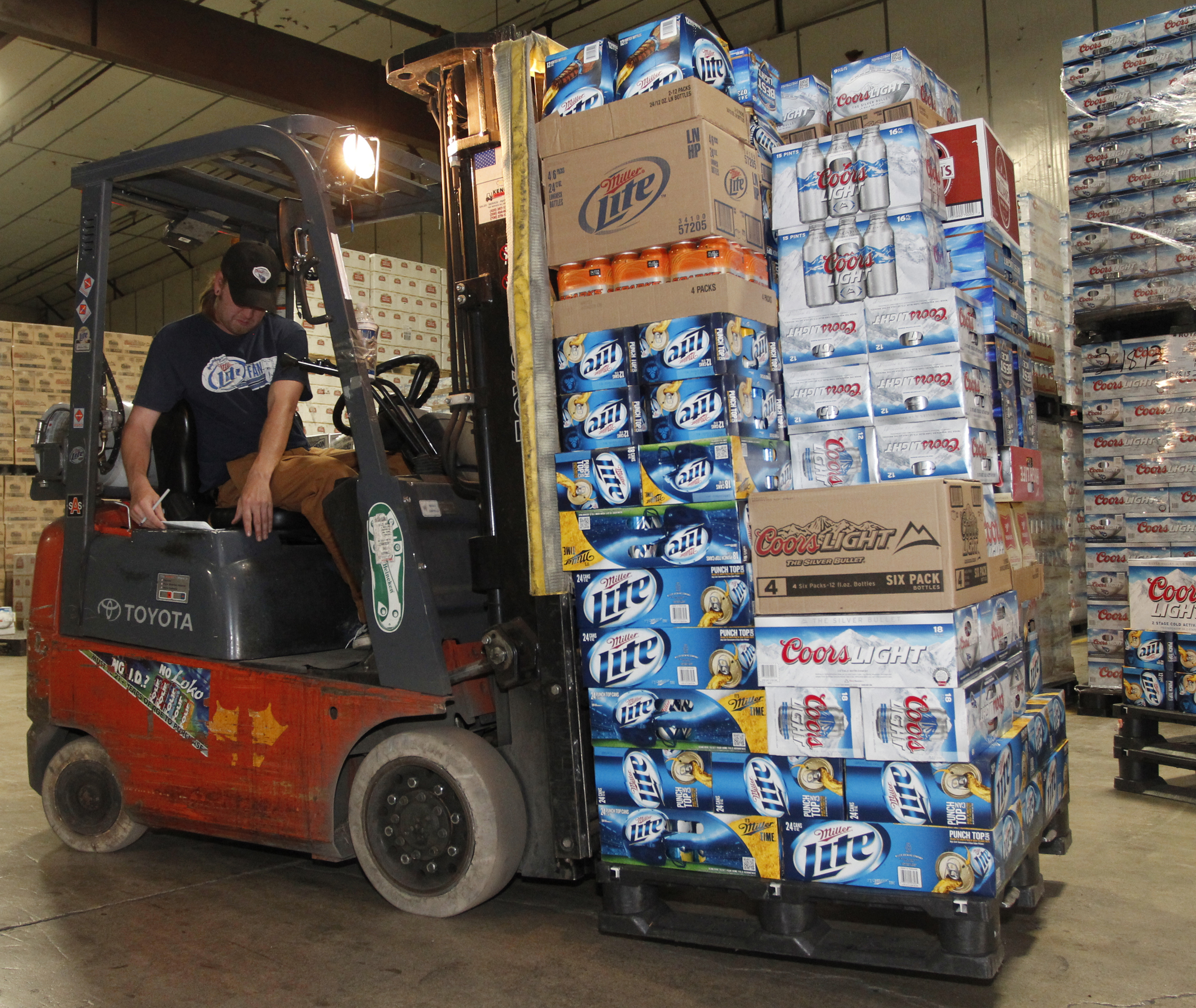Carter Distributing, a family-owned Miller-Coors beer distributor in Chattanooga, is elbowing its way into the liquor business.
The move could stir up Tennessee's spirits industry, a rare occurrence among the state's heavily-regulated distributors. That's because typically, state law discourages distributors from trying new things.
For instance, Tennessee requires companies to pull brands from shelves for an entire year when they change hands. Not selling any product for a year would result in a huge loss of revenue, so brands almost never change hands, officials say.
As a result, a handful of regional distributors have staked their claim in separate territories throughout the state, controlling the local alcohol trade like feudal kingdoms.
Until now.
After 53 years, Carter Distributing has quietly ramped up the liquor side of its business, adding liquor brands to a portfolio that has traditionally consisted only of beer.
"We first got into it when we started getting into high-gravity beer," said Hall Mitchell, spirits and wine manager for Carter's liquor arm, Premium Brands.
It started about seven years ago, when high-quality, high-gravity beers began growing in popularity, Mitchell said. But Carter couldn't distribute them without getting a liquor license, because the higher alcohol content in high-gravity beer is regulated differently.
"The first year we were in business, we did nothing but high-gravity beers," Mitchell said. "Sam Adams is what got us in the door."
Once the company acquired the license, it made sense to begin adding spirits as well, he said. Most recently, Carter acquired the rights to Trianon Tequila, which is sold by a Chattanooga-based entrepreneur.
"Here's a guy in Red Bank who's got the rights to the whole country for a brand that might be the next Patron," said Bob Monroe, general sales manager for Carter Distributing. "We jumped on it."
The company also distributes Maryhill Wines, Platinka Vodka and a cellar full of high-gravity beers, Monroe said. The one thing the company won't do is bottom-shelf liquor.
"We're bringing the best of the best to market. We'll let the bottom-shelf guys fight it out," he said.
The advantage of being a beer distributor entering the liquor business is the company's marketing muscle, he said. Carter has its own sign department, and with fewer liquors than its competitors it can focus more on selling each individual brand.
At its sign department, Carter creates and distributes signs ranging in size from a door decal at a liquor store to a giant banner at Riverbend, Mitchell said.
"I've worked in liquor houses for years, and we never had a sign department like this," he said.
But the new line of business won't be without challenges. Beer distribution can be as easy as walking into BI-Lo, speaking with the store manager and stocking the shelves with beer, Mitchell said.
"When you're talking to someone about beer, you don't have to explain what Heineken is," he said.
But getting wine, liquor and spirits into bars and liquor stores is a dicier proposition.
"You've got to go in there and know why filtering is important in vodka, or that there are three different types of tequila," he said. "You've got to be able to speak their language."
Despite the work Carter has done, there's also a long way to go before the company can truly compete against more established liquor distributors, officials said.
"We're in the market for a good whiskey," Mitchell said. "And we wouldn't turn down a good scotch."
